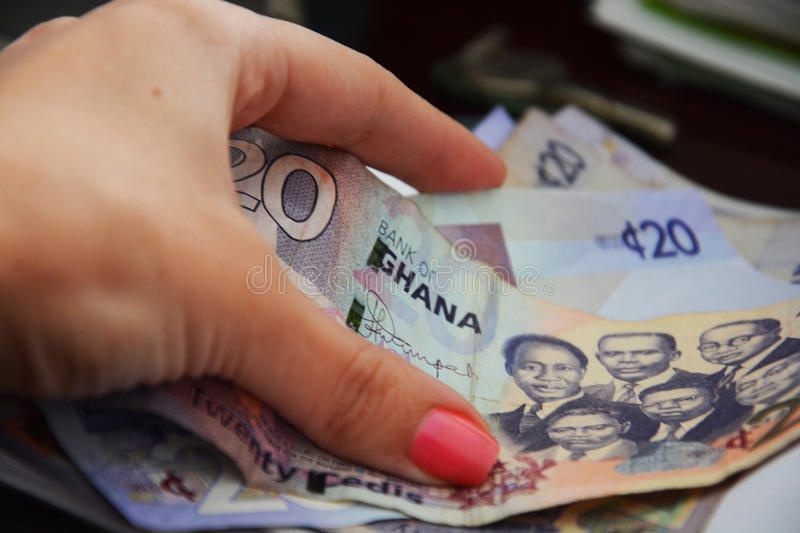
Following the collapse of two banks and the central bank’s pursuit of stringent reforms, consumer confidence in indigenous banks has waned drastically – depositors have been seen moving funds to foreign-owned banks.
A number of indigenous banks have been badly hit by a plunge in their deposits, even as they scamper to meet the central bank’s December deadline for the new GH¢400million minimum capital requirement.
“Since saving or depositing money at the bank is voluntary and most Ghanaians are not sure of what the next move of the BoG will be, deposits have dropped considerably – particularly after BoG’s squabbles with uniBank officials and the eventual handing-over of Sovereign Bank to an advisor,” a source told the B&FT.
To stay afloat, the indigenous banks are resorting to measures such as suspending expansion plans and cutting down staff numbers to rein-in costs.
A circular issued by the indigenous banks projects massive job losses which could peak at 5,000, aside from a reduction in lending to critical sectors such as SMEs.
The collapse of the UT and Capital banks has led to 1,000 job losses, and sources indicate another 500 jobs will be lost by the end of KPMG’s audit of uniBank.
Beige Bank, another indigenous bank, is rumoured to have laid-off over 500 workers as part of restructuring measures.
These indigenous banks need to raise a minimum of GH¢250million each or GH¢2.5billion in total to stay afloat; a task that analysts have described as herculean, at best, or impossible, within the time-frame stipulated.
Currently, foreign banks – 17 out of the 34 banks in total – dominate the banking space and hold some 79 percent of industry assets.
The indigenous players are worried that the regulator’s posture could lead to further erosion of local players.
The situation in other African countries
In countries like South Africa, Nigeria, Senegal and Ivory Coast, indigenous players control a larger portion of the market.
Some 80 percent of Nigeria’s banking and financial sector is dominated by indigenous players. In South Africa, the locals control 76 percent of the market.
“There is no need to stress the point that strong indigenous financial institutions are fundamental to the development of every economy. It is believed that local banks have their existence linked closely to the growth of national economies,” noted the circular from the association of indigenous banks.
“With our private sector controlled by small-scale industries, it would therefore be pretentious to say they will not be affected if local banks fail to meet the new minimum capital requirements.”
The indigenous banks noted that by asking all banks to raise the same minimum capital, the central bank is being unfair to local players – since it is well aware that by simply placing a phone call to its parent bank, a foreign bank or majority-owned foreign bank can easily strengthen its capital base.
Source : www.thebftonline.com

































